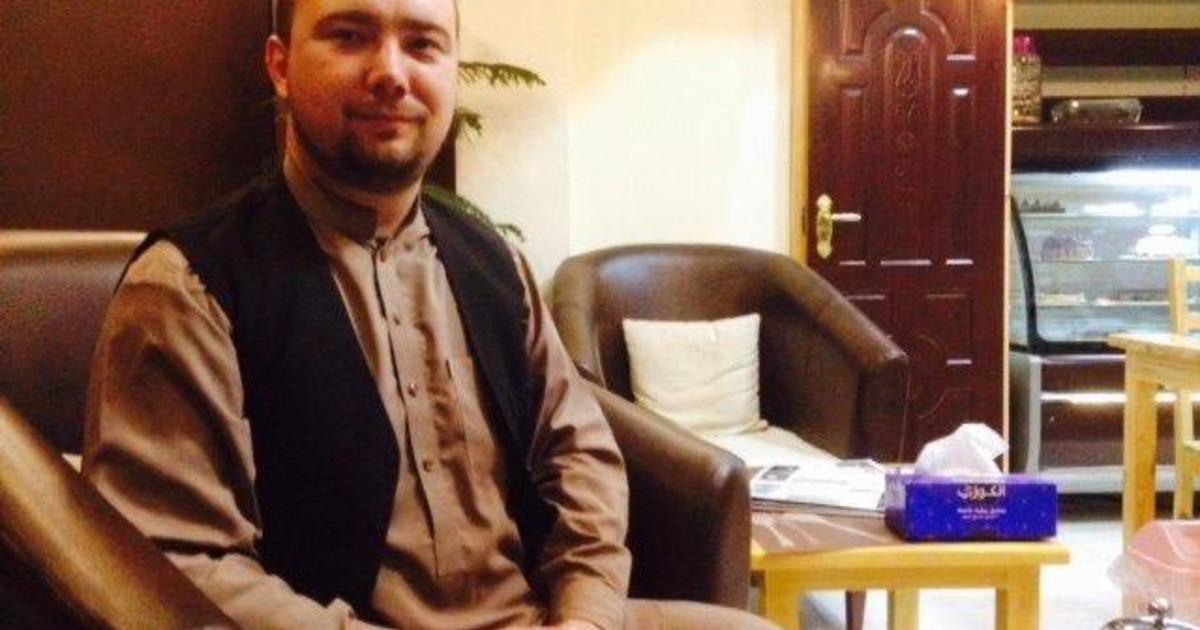Cloud of Smoke Could Put Soldiers' Lives at Risk
Two soldiers were killed by roadside bombs Saturday in Afghanistan, bringing the death toll to 52 in June, the worst month of the nine-year war so far for the United States.
When soldiers go into war zones, they expect certain hazards on the battlefield but not necessarily on base, yet that's where hundreds of soldiers say they were exposed to toxic fumes, CBS News Correspondent Jeff Glor reports.
This week, the American Lung Association issued a strong recommendation for the military to discontinue the use of open-air trash burn pits in Iraq and Afghanistan because they are a dangerous health risk. Hundreds of soldiers who've been exposed to the burn pits say inhaling the toxic smoke has inflicted them with severe breathing problems and even cancer.
Michele Pearce is a fighter. She battled stomach cancer in 2008. Then doctors discovered another tumor in her lung.
"I literally just said, 'Wow I could die,'" Pearce said.
Pearce - now in remission - was deployed to Iraq in 2006. She believes her cancer is connected to the months she spent inhaling smoke from base burn pits.
Christopher Sweet blames his wife's leukemia on the burn pits she was exposed to in Afghanistan. Diagnosed in September 2008, Jessica Sweet died five months later.
"I don't know that it gets easier," said Sweet. "4:08. That's the time that's ingrained in my brain when you hear 'Time of death, 4:08,' and that's your wife."
The military authorized more than a hundred burn pits in Iraq and Afghanistan. The largest were operated by private contractors Halliburton and KBR, designed to burn everything from military equipment to medical supplies, batteries and hazardous waste.
Vanderbilt University Medical Center's Dr. Robert Miller of is treating more than a dozen soldiers exposed to burn-pit smoke.
"I don't think there's any doubt that the burn pits emit toxins," said Miller. "It's a solid waste burning. It's a practice that's essentially outlawed in the United States."
Sweet, Pearce and nearly 400 military personnel are part of a class-action lawsuit against KBR, accusing the company of negligence and illegally burning waste.
Last November, former KBR employee Rick Lamberth told senators he'd witnessed operators improperly throwing hazardous waste into burn pits.
"I was told to shut up and keep that to myself," Lamberth said.
KBR turned down CBS News' request for an interview but said in a statement that "the military, not KBR, decides what method of waste disposal will be used … what items can be disposed .. and it complied with all military directives."
U.S. Rep. Tim Bishop, D-N.Y., pushed legislation to force the military to shut down many burn pits, but 40, including 11 KBR pits, are still in operation.
"I do not want to see these burn pits become the Agent Orange of the Iraq and Afghanistan wars," Bishop said.
Despite a 2006 leaked internal Pentagon memo warning of chronic health concerns, the military maintains it needs time to study the smoke exposure effects.
Pearce said she just wants answers.
"What did these companies do to put my life at risk?" Pearce asked.
Sweet believes the bottom line is his wife's death should have been prevented.
"If she wasn't exposed to the burn pits, I believe she'd be here today, absolutely," Sweet said.
With most of the soldiers unable to serve, the Department of Veterans Affairs has issued guidelines to doctors and has launched a study to evaluate the long-term health effects from exposure to the burn pits.




